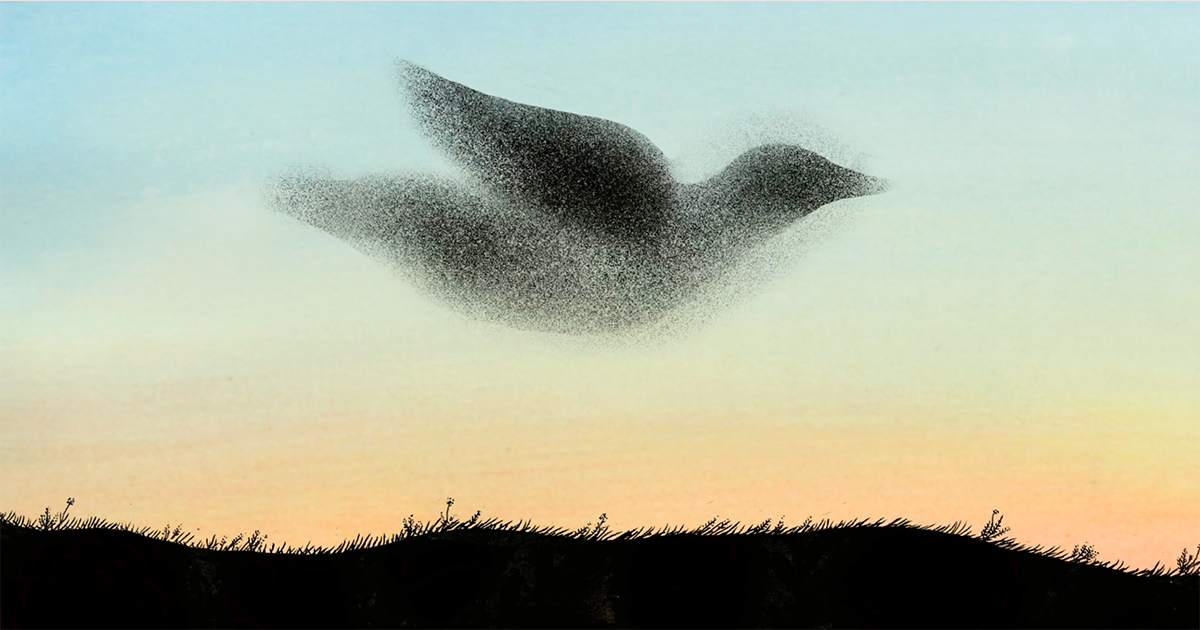She meant, I think, that a love lost is grieved forever, whatever the nature of the loss — this she knew, and turned the ongoingness of it into a lifetime of art — but by looking back, we are reminded over and over that the sharp edge of grief does smooth over time, that today’s blunt ache is worlds apart from the first stabs, until grief becomes, ... See more

